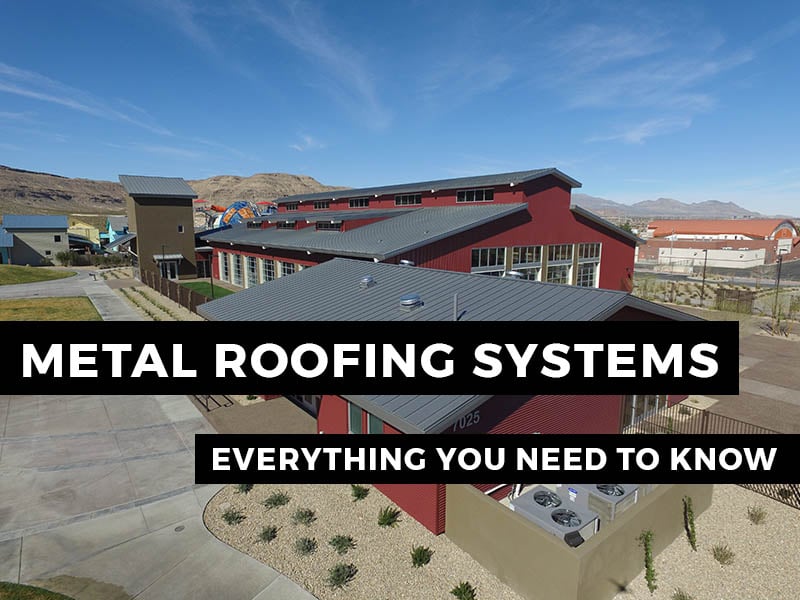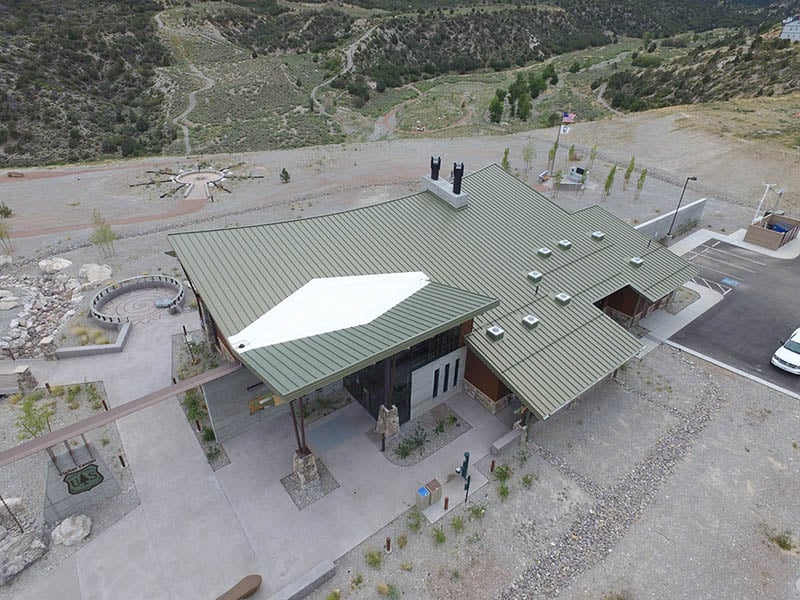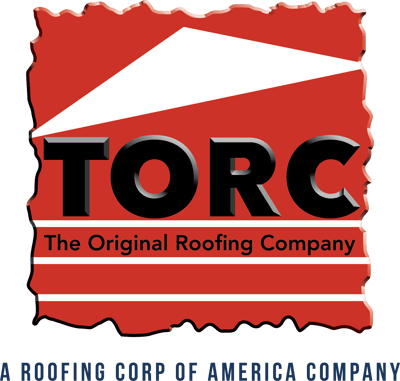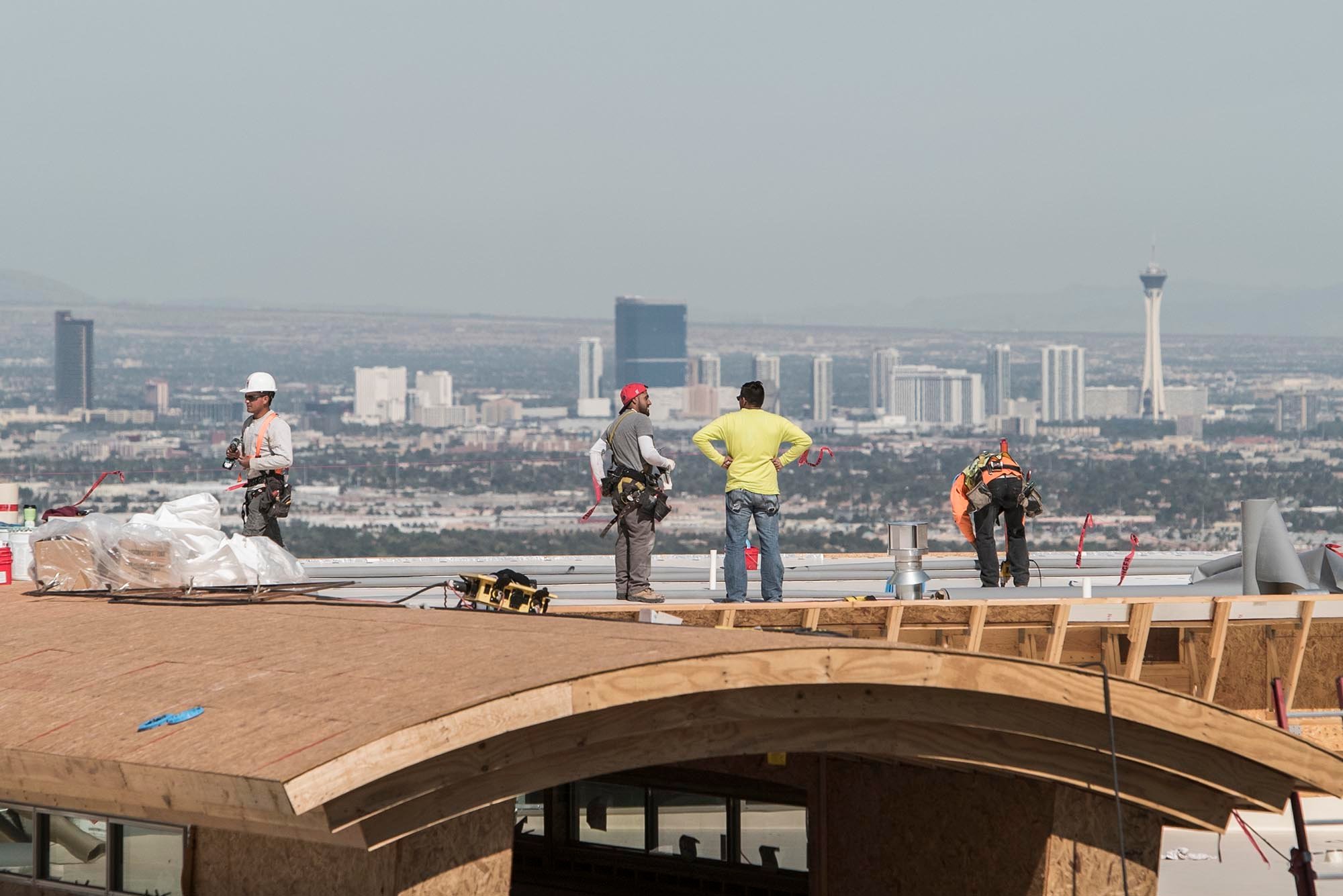
Buying or replacing a roof is one of the most important decisions you will make as the owner of a residential or commercial property. A roof not only keeps your family and your employees safe but also protects your material possessions from being damaged by the elements.
When it comes time to choose the type of roofing that's best for your property, it's important to do your research, understand your options, and discuss the possibilities with a professional contractor that you already trust or who comes highly recommended.
We offer metal roofing installations in Las Vegas.
Call (702) 739-7663
Following the steps above can help ensure that you make the right choice and are pleased with your decision throughout your time in the property. A few things to keep in mind when doing your research:
The Benefits of Metal Roofing: Pros and Cons
When considering whether you will purchase a metal roof for your home or business, there are many pros and cons that you should be aware of. Understanding these will help you make the right decision for your situation.
Pros
The benefits of a metal roof include:
- Quick and Easy to Install: A professional contractor should be able to install a metal roof in a short period of time which is great if you are building but even better if your roof has been damaged in a storm and you need to replace it quickly to prevent further damage to the property.
- Long Lasting: These materials are resistant to insects, rot, fire, mildew, and more. Warranties range from 20-50 years; however, a metal roof should last as long as the house.
- Lightweight: A tile roof weighs in at 750 pounds per square and concrete tile at 900 pounds per square, requiring more roof support members than a metal roof which weighs between 50 and 150 pounds per square.
- Fire Safe: Most metal roofs have a Class A fire rating, the best rating you can have. However, this will also depend on what materials are used beneath the roof's surface.
- Energy Savings: Metal roofs reflect the sun's heat preventing a rise in temperatures during the day and savings on your energy bills.
Cons
The drawbacks of a metal roof include:
- Higher Cost: While you will save in the long run due to the durability of a metal roof, they are more expensive up front. Expect to pay between $150 to $600 per square or 100 square feet. If you intend to stay in the property for a long period of time, the investment is most likely worth it.
- Risk of Denting: While there are some brands guaranteed not to dent, others can be impacted by strong hailstones or a falling tree. The likelihood of this type of damage depends on the material used. This will be discussed later.
- Noise: Storms will likely sound louder with a metal roof. This can be minimized by using materials with a structural barrier.
- Walking Danger: Though the maintenance and repair should be less, if there are any issues with your home or business that require a repairman to walk on the roof, it may prove to be a challenge. Not all metal roofs can be walked on, and when they are, they are quite slippery when wet.
It also bears mentioning that a metal roof must be properly grounded to prevent damage from lightning. Without proper grounding, you run the risk of electrical outages, fires, and injury to your family or employees.
Metal Roof Failures and Problems
There are some issues unique to metal roofs that you need to be aware of before making your decision.
Oil Canning: According to the Metal Construction Association, oil canning is "Visible waviness in the flat areas of metal roofing and metal wall panels. In technical terms, oil canning is referred to as elastic buckling (more commonly known as 'stress wrinkling')." This can be caused by:
- Stress from coil cutting
- Tension due to changes in the structure's original form
- Improper installation
Scratching and Scuffing: While most manufacturers are very careful to prevent damage, it can happen at any time from manufacturing to installation and beyond.
Corrosion: Metal roofing has coatings and paint created specifically to resist corrosion, but it can still happen in some situations:
- Improper metals combined
- Cut edges
Underside Corrosion: Condensation gets trapped between the outer sheet and the supporting deck.
Saltwater Corrosion: This is more of a concern in seacoast areas where there is a great deal of salt in the air.
Leaking: While there is less likelihood of leaking from your metal roof, it may occur during extreme weather occurrences like:
- Heavy snow
- Wind
- Teeming rain
- Ice buildup and thawing
- Improper installation that contributes to the possibility of leakage. Examples include:
- Failed flashing
- Failed seam
- Failed sealant
- Failed fasteners
- Mixing the wrong metals and materials
Does Metal Roofing Rust?
Metal roofs are prone to rusting. Because of this, they should be regularly painted or coated to keep the roof strong and attractive.

What Are the Different Types of Metal Roofing?
All metal roofing is not created equal and you should understand the three different types before deciding what will work best for your home or business.
- R-Panel: The easiest to install, so the cost for your project will be lower than with other types of roofing. They come in different colors and are extremely popular for both homes and businesses.
- Corrugated: Often referred to as the "original" metal roof, you can find it on older barns and shacks. They work well with fiberglass skylights and are often galvanized for use on restaurants and other retail establishments.
- Architectural Standing Seam: The interlocking panels make this an excellent choice for high-wind environments. They are the most watertight of all the metal roofing systems due to their design and the sealant applied during the manufacturing process keeps their structural integrity with temperature changes.
Metal Roofing Materials
There are several options when it comes to choosing the type of metal that will be used for your roof.
Most Common
Galvanized Steel: Heavier and sturdier than aluminum. It is often used for commercial properties and is frequently zinc-coated to lessen the likelihood of rust or corrosion. They can also be painted for appearance and extra protection. A properly installed and maintained steel roof can last upwards of 60 years.
Aluminum: Lightweight and often used in residential roofing. It is an extremely soft metal and does fall victim to dents more often than steel. This type of metal does not rust; however, it requires painting or coating to improve the appearance. This metal reflects heat well and can help keep your house cooler and your energy bills lower. An aluminum roof can last approximately 35 years.
High-End Options
Alloy Roofing products: Strong, durable, and sustains weather quite well. The cost varies with the specific material, but they are rather expensive.
Stainless-steel: Won't rust or corrode; however, it is extremely expensive.
Copper: Not often used as it is extremely cost-prohibitive, but it is beautiful, it won't rust or peel, and the appearance actually improves with weathering.
Metal Roofing Prices: What's the Cost?
Pricing for a new metal roof can vary based on a number of factors including the material, type, insulation used, size of building, etc. However, there is a range you can use to gauge the cost for your home.
Metal roofing for your residential property can vary from $5.50 to $12.00 per square foot installed. You can break this down further depending on the type you are looking at. A metal shingle roof can cost between $7.00 and $10.00 per square foot installed whereas you can expect to pay between $9.00 and $12.00 for a standing seam metal roof. For an average-sized home, this could cost approximately $19,500 for an aluminum standing seam roof.
A corrugated roof could cost between $3.00 and $6.00 per square foot installed and will depend on the thickness and the paint finish that you choose.
If you are considering a metal roof for your commercial property, the average cost can range from $4.00 up to $13.00 per square foot installed. A standing seam metal roof can cost between $7.00 and $13.00 whereas corrugated steel panels range from $4.00 to $5.65 per square foot.
Keep in mind that while these are the prices installed, your final cost may include other services such as:
- Removal of the old roof
- Repair of the substrate
- Ventilation
- Debris removal
- Permits
- and more
The decision to purchase a new roof or replace your damaged roof should not be taken lightly. There are a variety of factors that should be taken into consideration when determining the best roof for your home or business. While it is important to do research and understand your options, ultimately, you'll want to consult with a reputable contractor who is experienced in metal roof installation and can help you understand the different materials and types, weigh the pros and cons of installing a metal roof, and determine if the up-front costs make sense based off of your intended time in the property. They will walk you through the process and ensure that your family, your employees, and your belongings are safe and sound for years to come.





